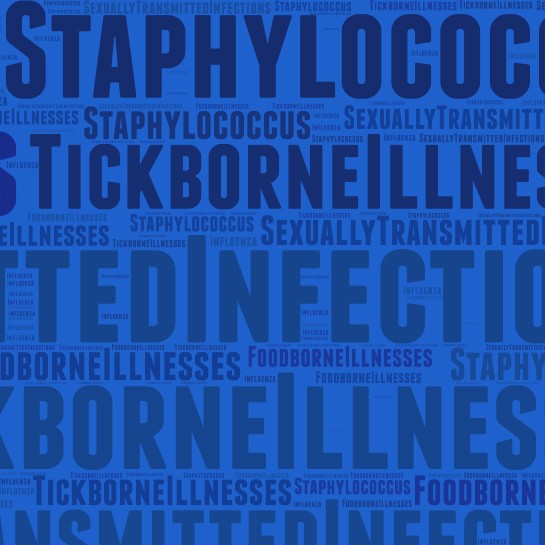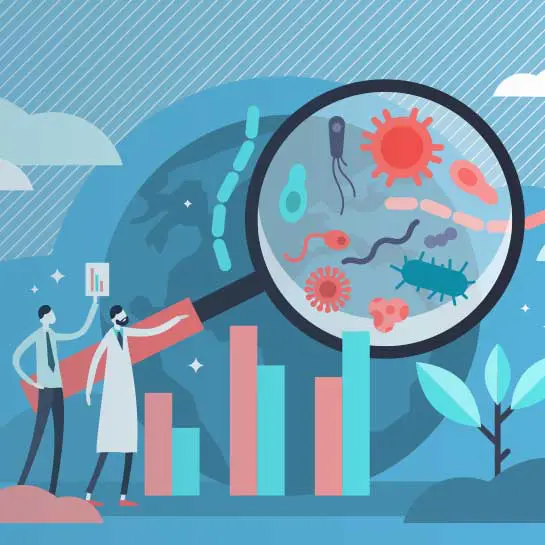Understanding Treatment
for Toxoplasmosis
What is toxoplasmosis?
Toxoplasmosis is a disease caused by the parasite Toxoplasma gondii. Although more than 60 million Americans have this parasite, most do not get sick. However, you can get toxoplasmosis if you’ve eaten contaminated meat that hasn’t been cooked or prepared properly, using utensils or cutting boards after they’ve had contact with raw meat, exposure to the waste from an infected cat, drinking contaminated water, or receiving an infected organ transplant or blood infusion.
What are the symptoms of toxoplasmosis?
Toxoplasmosis may cause flu-like symptoms in some people, but many won’t develop signs and symptoms at all. However, toxoplasmosis can cause severe health issues in those with weakened immune systems, such as individuals living with AIDS or babies who’ve been infected during pregnancy. These severe health issues may include damage to the brain, eyes, and other organs. If you develop symptoms of toxoplasmosis, you may experience body aches, swollen lymph nodes, headache, fever, or fatigue.
How does ID Care diagnose toxoplasmosis?
Diagnosing toxoplasmosis requires a very specific screening because the signs and symptoms associated with it are so similar to common illnesses like the flu or mononucleosis. If an ID Care specialist suspects that you may have toxoplasmosis, we may perform a blood test to check for antibodies, which are proteins produced by your immune system when a foreign substance enters it. Because these tests can be difficult for non-specialists to interpret, ID Care sends positive results to an affiliated laboratory with exclusive expertise in diagnosing toxoplasmosis.
How does ID Care treat toxoplasmosis?
Most healthy people with toxoplasmosis will not require any treatment, because the body can typically rid itself of the parasite on its own. However, pregnant women and individuals with weakened immune systems, such as those with AIDS, may receive other medications such as an antibiotic or a folic acid antagonist medication.





